
 Editor’s note: There are two rugby teams at Macalester, with players of different gender identities, not all of which are binary. Rather than referring to the “men’s team” and the “women’s team,” players from both teams will simply be referred to as Macalester rugby players.
Editor’s note: There are two rugby teams at Macalester, with players of different gender identities, not all of which are binary. Rather than referring to the “men’s team” and the “women’s team,” players from both teams will simply be referred to as Macalester rugby players.
Anyone who has attended a Macalester student organization fair at the start of a semester has probably been asked at some point if they wanted to join a club rugby team. Most people either walk past the players whipping balls back and forth to each other, pretending they didn’t hear when someone asked them if they wanted to play. Others offer a tepid “thanks, but no thanks,” and move on.
Part of the reason for the response is that few people at Macalester play a club sport; many students who are athletes planned to become collegiate athletes during high school or earlier and made the requisite arrangements when coming to college. The other part of the reason is that very few people get a chance to play rugby before coming to college, as very few high schools have programs. Learning a new sport on top of adjusting to college can feel daunting, but the commonality of players of all stripes learning a new game makes the transition easier.
“I think it’s helpful that most people start off here brand new,” said Annika Sanora ’18. “And that, when you start off, there’s a bunch of people that are with you that are also struggling to understand what the hell is going on. So, I think that’s helpful, and I think that’s what makes rugby here great, is because [of the] community, and people want to help you, and people are also going through this weird transition into a new sport.”
For many players, rugby offered an outlet to students that played a sport in high school but for whatever reason could not or had decided not to play in college at the varsity level.
“I had previously played sports in high school, so I knew that I wanted to play some kind of club sport when I got to college, just because I like that kind of environment and physicality and that kind of stuff. When I was at the org fair the rugby [players] really tried to get my attention and tried to get me to join so I came out to the first practice and really enjoyed it,” Sanora said.
Her teammate Sary Wyne ’19 agreed, and mentioned that Macalester gave her a new opportunity to play contact sports.
“It’s funny, when I was in high school I actually quit basketball because I thought it was too much of a contact sport for me,” Wyne said. “Then I got here, and I saw the sign in the Link, ‘Rugby on Tuesdays and Thursdays’ sure, why not give it a try? And then I was like, ‘I wanna tackle someone.’”
One of the few people that played before going off to college is Caleb Driker-Ohren ’19, a co-captain on one of the teams. He started playing in high school, and has continued at Macalester. Although the sport itself didn’t change, the people playing it did, and he still had to adjust to the bigger, stronger and faster players coming after him.
“It was different,” he said. “In high school, I had sort of a leadership role, my senior year especially, so to come into college, as a first year, and probably a little cocky, to kind of sit back and maybe realize I didn’t have any idea what I was doing, or maybe I shouldn’t assume anything about how the team functioned, was a little hard to do. And, just the level [was different too]. People are bigger than they are in high school, scarier, and it felt like I was doing this of my own volition, and this was the point in college, different than high school, where it might have been like a resume builder, just a fun activity, I had to start to take it a little more seriously.”
The physical aspect of the sport takes some getting used to for players. Most players eventually adjust or even grow to enjoy the contact, simply because the physical battle is so integral to the game, but that doesn’t mean that it’s always easy for players. Amalia Chiapperino ’20, has to try and stop herself from constantly apologizing to opponents.
“One of my teammates, and one of the co-captains has a saying, something like, ‘we never say sorry in rugby,’’ Chiapperino said. “I break that rule every single day, in practice and in the games. It’s been getting easier in the games, because I don’t know them, they’re opponents, not your teammates, who you see and talk to all the time, but yeah, I’m working on it.”  While Macalester is home to 19 varsity teams and a myriad of sports are played across campus, none are quite like club rugby. Unlike most team sports, especially basketball, baseball, and soccer, rugby requires a group of 15 people working in lock-step with each other, trusting and knowing that a teammate will always have their back.
While Macalester is home to 19 varsity teams and a myriad of sports are played across campus, none are quite like club rugby. Unlike most team sports, especially basketball, baseball, and soccer, rugby requires a group of 15 people working in lock-step with each other, trusting and knowing that a teammate will always have their back.
“Early on [in my time at Macalester] it was a lot of players trying to take the ball themselves and trying to make things happen on an individual level, which doesn’t work when there’s 15 players on your side and 15 players on the other side of the pitch,” Matthew Davids ’18 said. “It’s almost impossible for a single player to take over a game. It, in fact, might be impossible, and so what I love about rugby right now is that we have a team where you can trust the person to your left and the person to your right to actually make a play for you. You can trust the people around you to help you out, to lift you up if you make a mistake, and it’s that feeling of actually having a team surrounding us that I think really makes me love rugby in this moment.”
The trust that builds up on the pitch translates to the team’s culture off it. Rugby at Macalester lacks any of the initiation rituals of elite English schools, but rather has a positive support system. Both teams socialize outside of practice and games, older players support younger players, and have begun creating their own rituals, like the bake sale one of the teams has organized each of the last two semesters.
“It’s interesting, because … when I had joined, at least, it was centered around the class above us, so people who are juniors currently, because they do make up the majority of the team,” Alex Brahm ’20 said. “Our captain, Caleb, is a junior, and I think they really did a good job of creating a really positive team environment where we’re all really friendly with each other, there’s lots of bonding opportunities, and when I think of the team I think of a lot of joking around a lot of having fun.”
That culture cuts across both teams. Because of the mutual support that players offer each other, rugby winds up as an opportunity to not only play a sport but also to grow as a person.
“Playing the actual sport is super empowering,” said Claire Howland ’20. “You feel very powerful; you feel strong; it’s a great way to stay in shape; but more than that, it’s just the community. It’s a really tight-knit group of people who always have your back. They hang out outside of practices and games, so it’s really a support system even if you don’t see people everyday.”
That the support system remains constant even when another game isn’t around the corner is nice this time of year, because Minnesota’s winter climate means that the teams can only play in the fall and spring, and both are currently between seasons. However, they’ll soon be back out there, flipping an ovular ball around the Leonard Center during the next org fair, looking for new players and getting ready for another season.

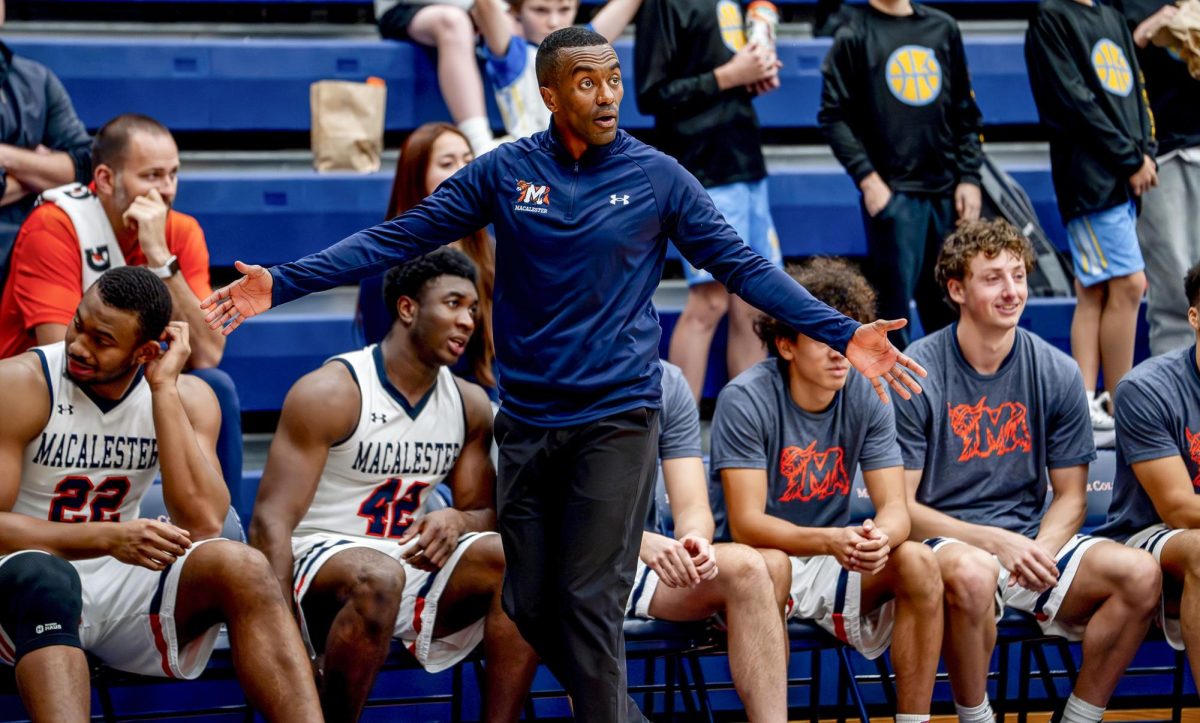

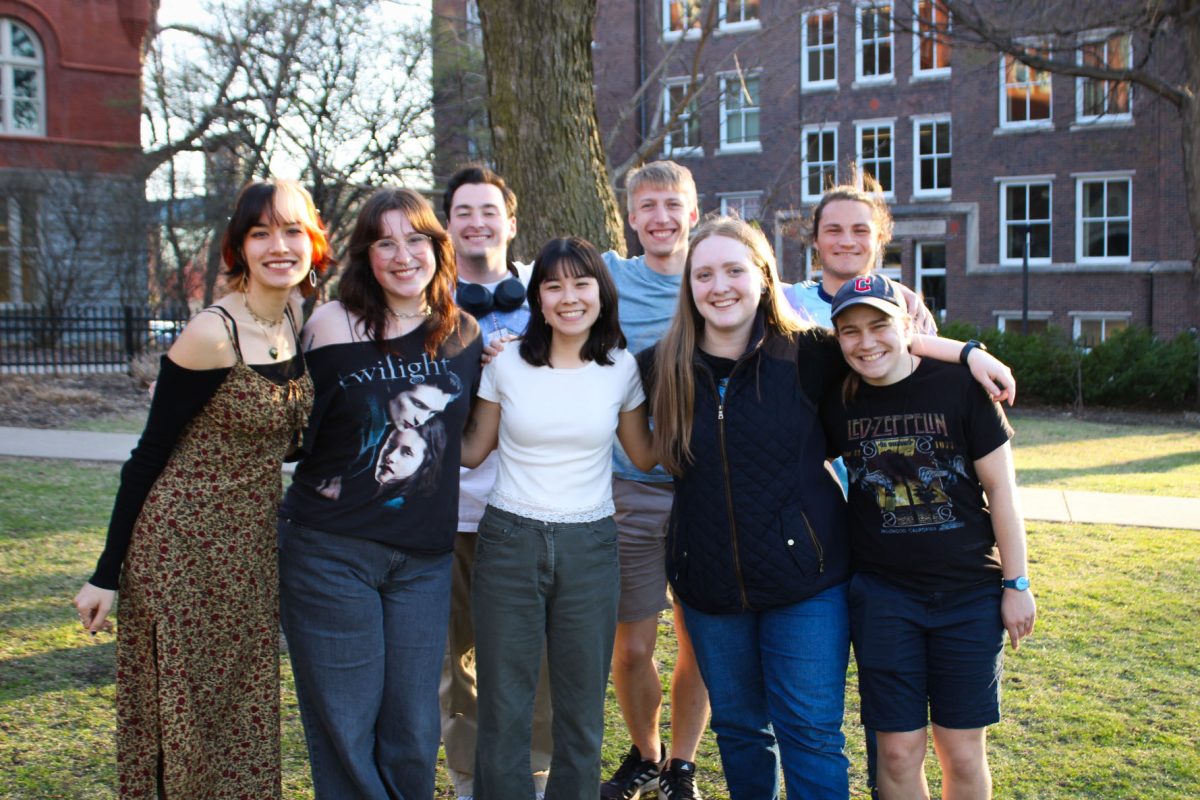
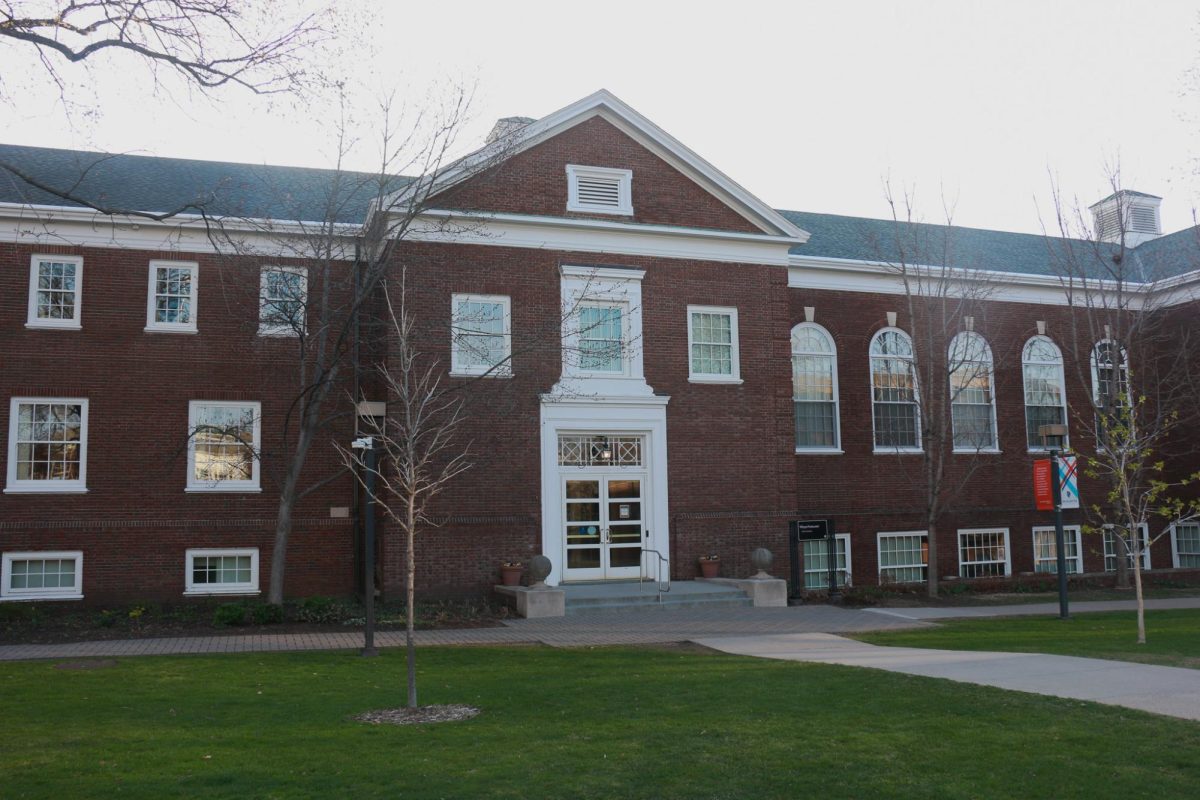


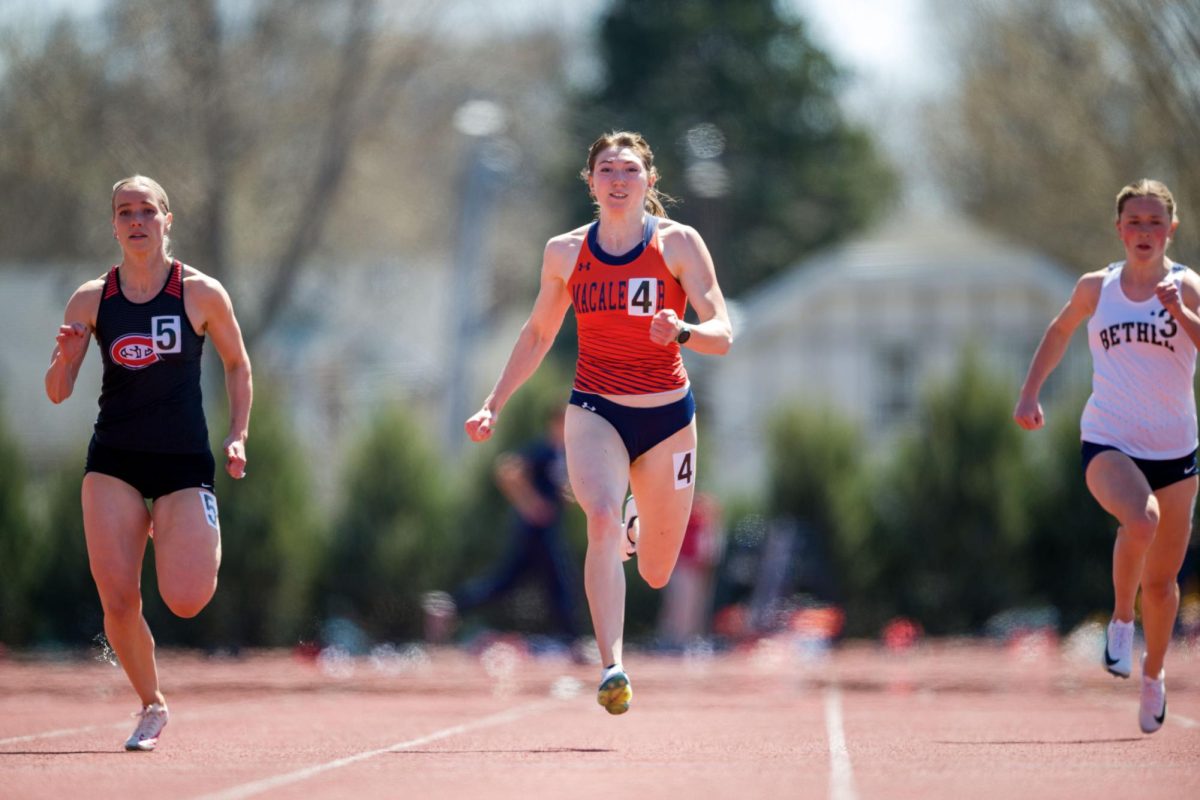
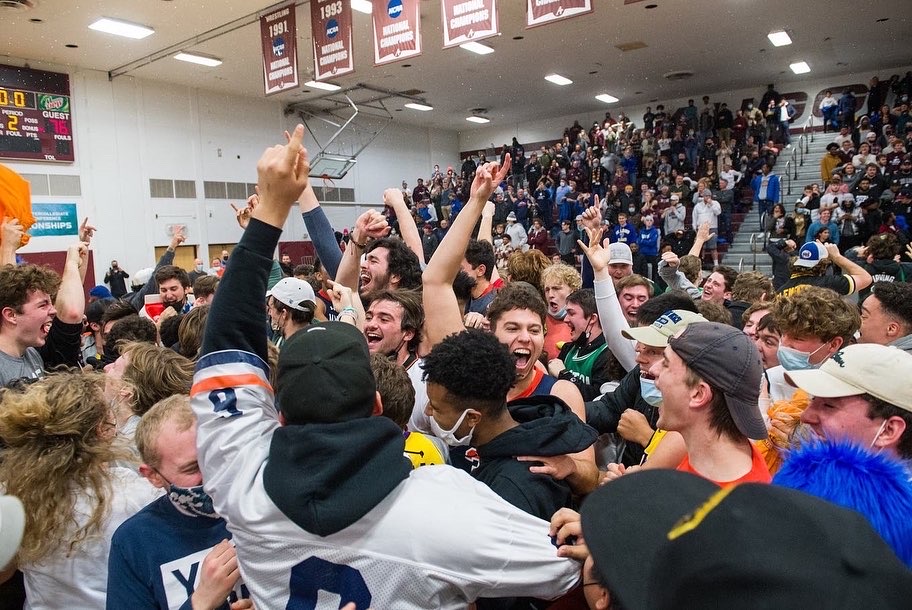
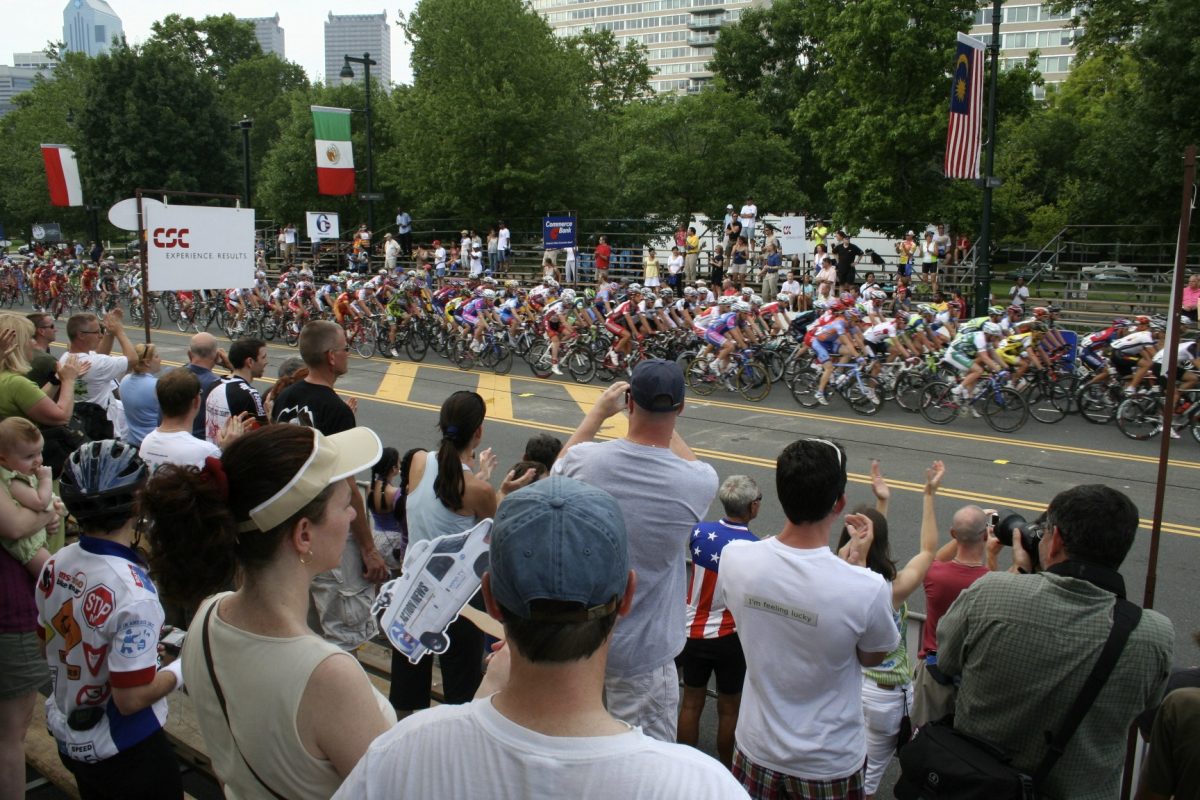
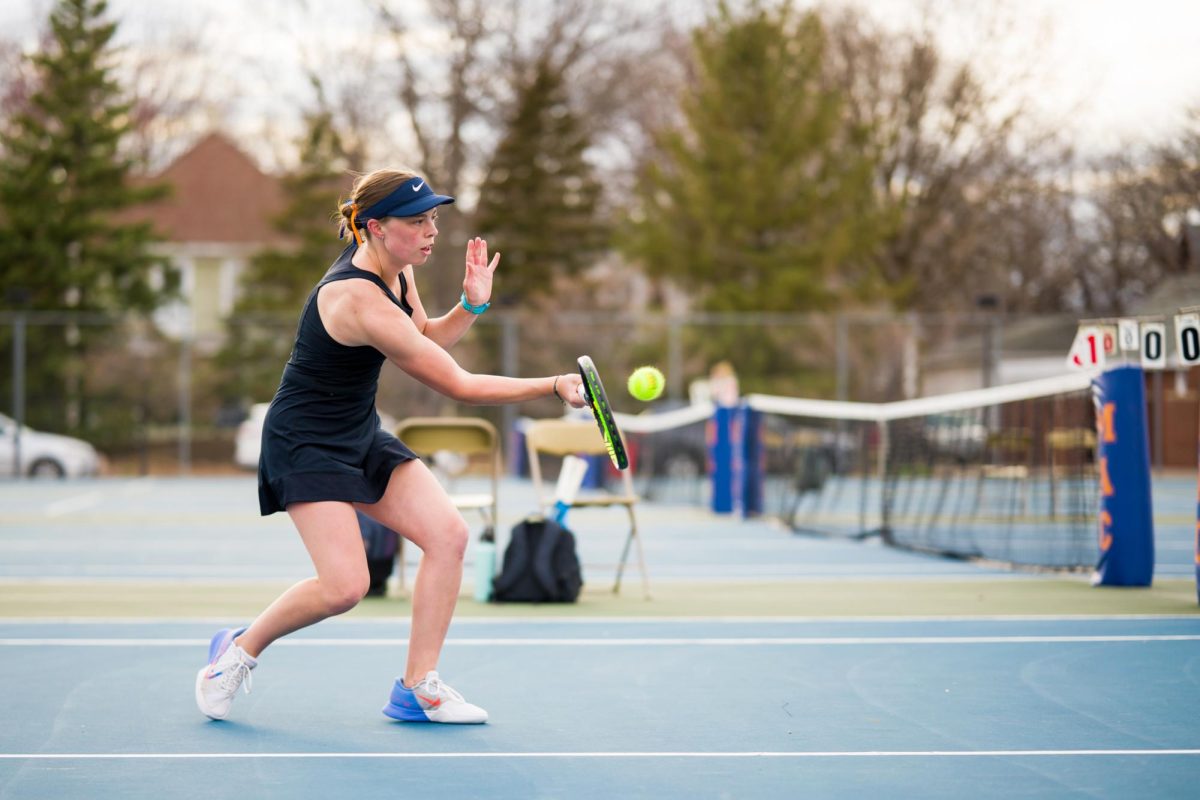
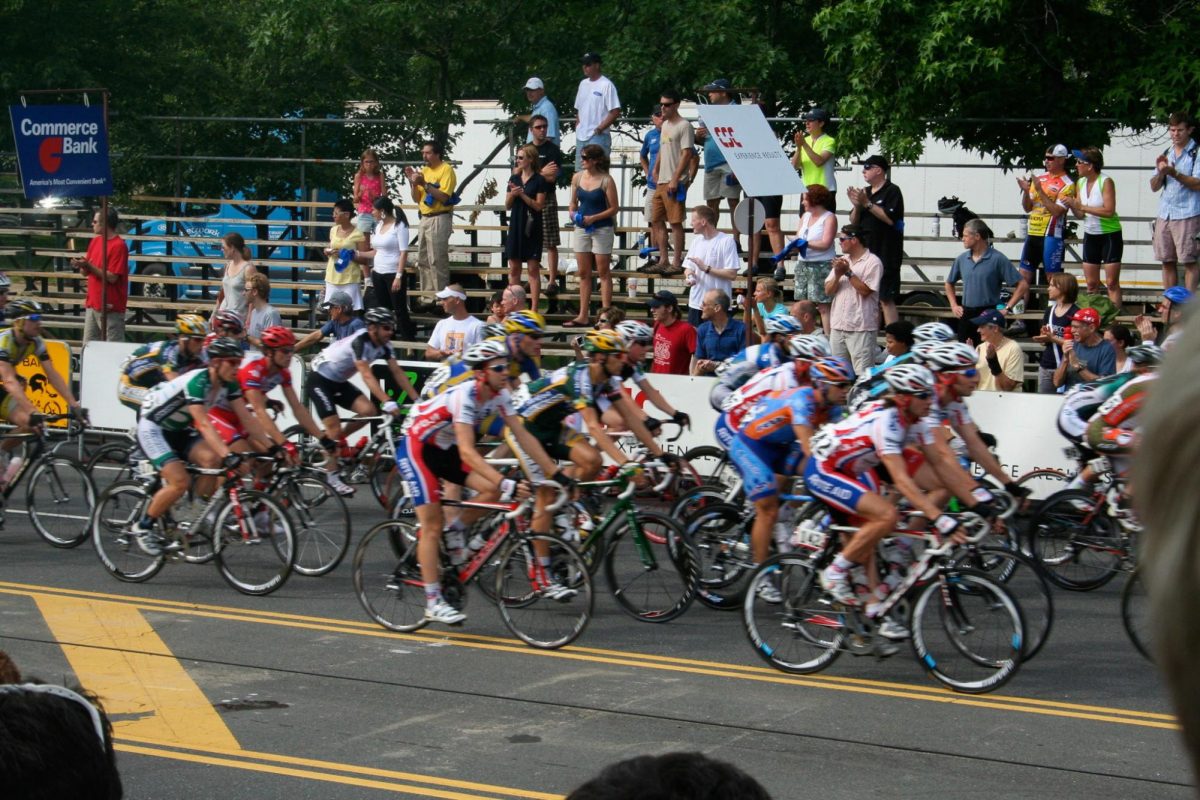
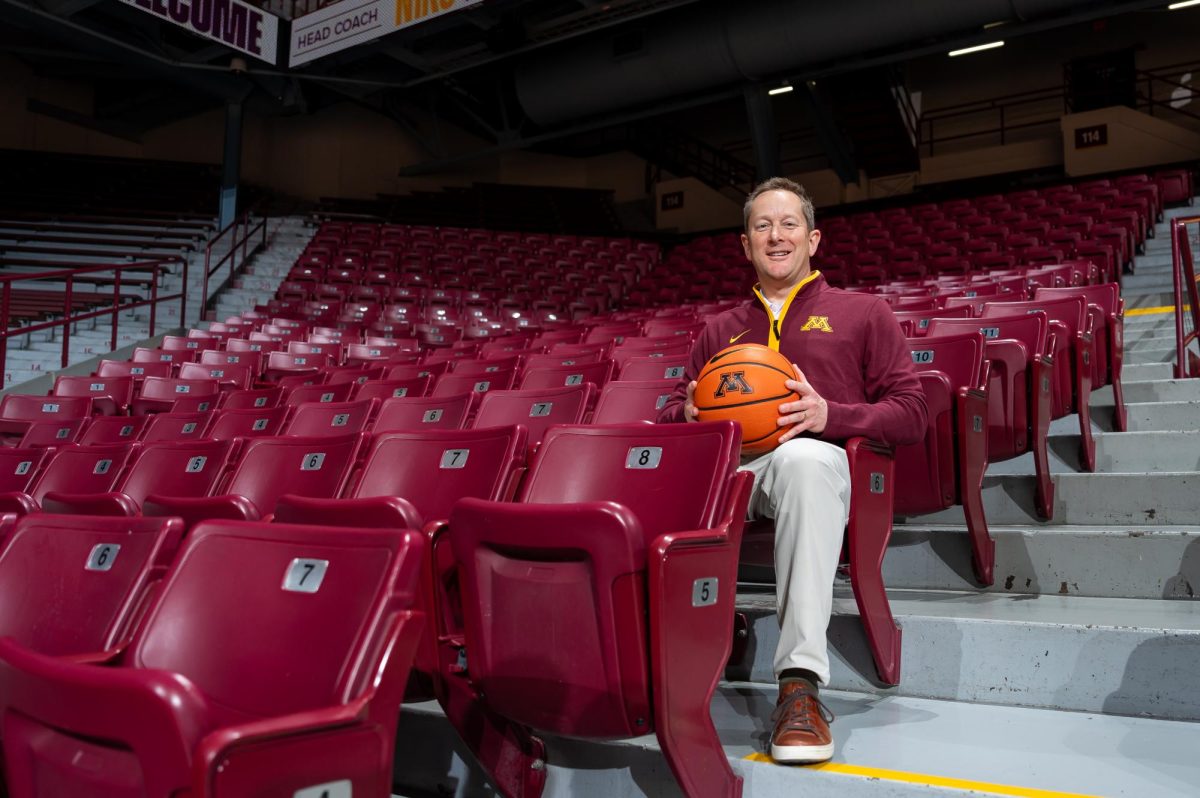
Penelope Morgan • Sep 11, 2019 at 2:20 pm
I have recently started a web site, the info you provide on this web site has helped me greatly. Thank you for all of your time & work.
Jake Harris • Sep 10, 2019 at 8:42 am
always i used to read smaller content that as well clear their motive, and that is also happening with this piece of writing which I am reading at this place.
Audrey Simpson • Sep 5, 2019 at 6:20 pm
I have noticed that over the course of developing a relationship with real estate managers, you’ll be able to get them to understand that, in each and every real estate transaction, a commission amount is paid. Ultimately, FSBO sellers don’t “save” the commission rate. Rather, they try to earn the commission simply by doing the agent’s occupation. In this, they shell out their money in addition to time to conduct, as best they’re able to, the jobs of an agent. Those assignments include displaying the home by means of marketing, representing the home to prospective buyers, building a sense of buyer desperation in order to induce an offer, organizing home inspections, taking on qualification investigations with the loan provider, supervising fixes, and aiding the closing.